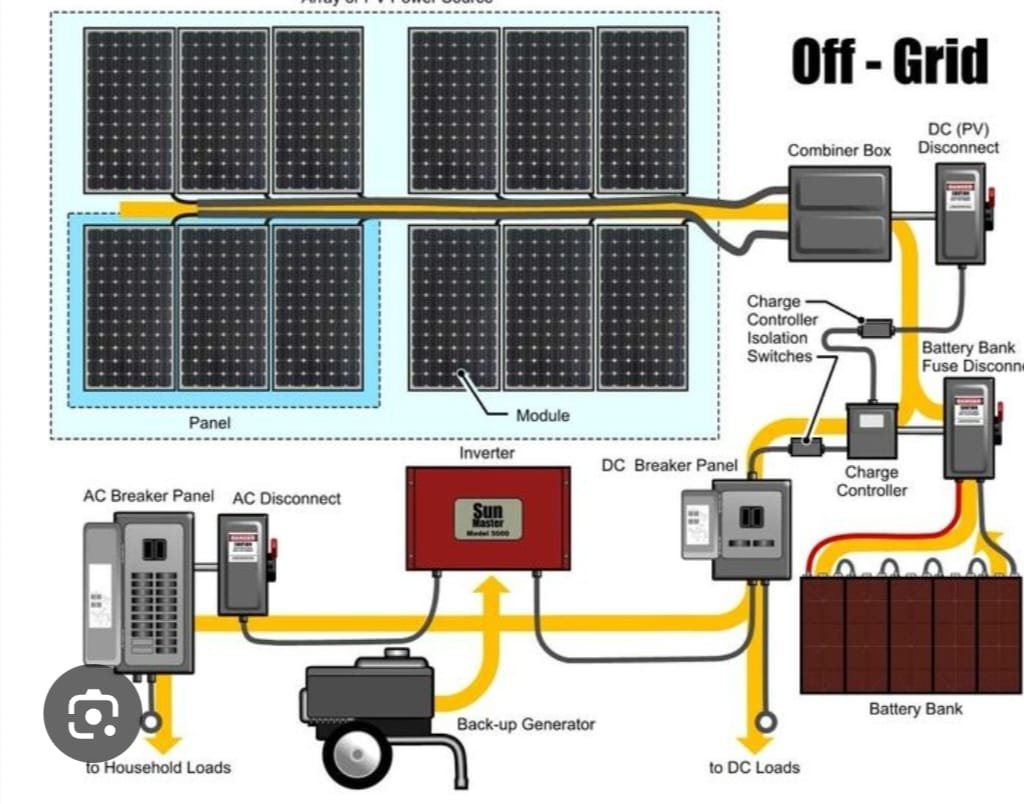Pakistan Imports 12.7GW of Solar Modules in Nine Months
By Staff Reporter Muhammad Shahzad LAHORE: Pakistan’s solar energy transition is accelerating at an unprecedented pace, with the country importing 12.7 gigawatts (GW) worth of solar photovoltaic (PV) modules between July 2024 and March 2025, official data shows. The figure represents nearly one-fourth of Pakistan’s total installed power generation capacity of 46.6GW, marking a significant…
By Staff Reporter Muhammad Shahzad
LAHORE: Pakistan’s solar energy transition is accelerating at an unprecedented pace, with the country importing 12.7 gigawatts (GW) worth of solar photovoltaic (PV) modules between July 2024 and March 2025, official data shows.
The figure represents nearly one-fourth of Pakistan’s total installed power generation capacity of 46.6GW, marking a significant structural shift in the national energy mix away from expensive imported fossil fuels.
From residential rooftops to industrial zones, solar installations are rapidly transforming Pakistan’s energy landscape. The boom is being driven by a combination of record-high electricity tariffs, frequent grid outages, and growing public awareness of renewable energy alternatives.
Energy analysts say the country has entered a decisive phase of solar adoption that could permanently reshape its power sector. “Pakistan is moving from energy crisis management to energy independence, and solar is at the center of that transformation,” one expert noted.
Adding further momentum to the trend, Trina Solar — a global leader in renewable energy solutions — was recently recognized by S&P Global Commodity Insights as one of the world’s Tier-1 clean energy companies. The acknowledgment, which highlights excellence in solar modules and energy storage technologies, has bolstered investor confidence in Pakistan’s renewable energy market.
Industry observers say the recognition of Trina Solar and other global manufacturers not only enhances Pakistan’s access to reliable and efficient technology but also attracts long-term foreign investment in the renewable sector.
As international partnerships deepen and solar adoption continues to widen, Pakistan’s renewable transition is expected to strengthen — reducing dependence on fuel imports, easing pressure on foreign exchange reserves, and paving the way for a more sustainable energy future.






